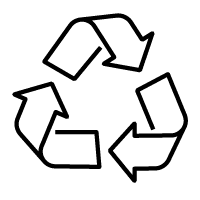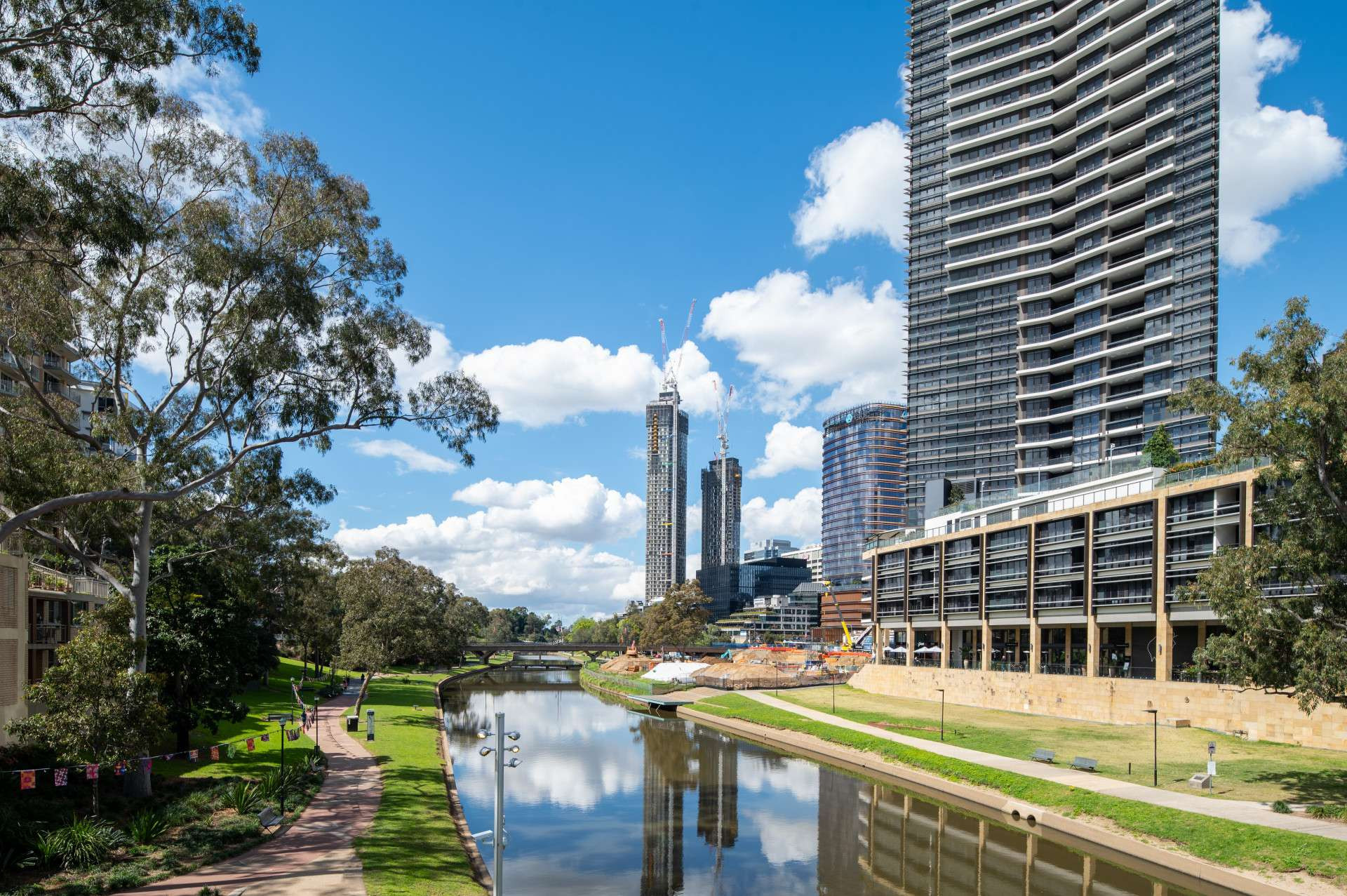
Sustainability in construction
Construction of Powerhouse Parramatta will be certified Climate Active Carbon Neutral.
Renewable diesel
100% renewable diesel powers the 3 tower cranes, making it one of the first projects in Australia to do so.
Renewable diesel is made from animal fats, vegetable oils and agricultural waste. It is chemically identical to regular diesel and can be used without modifying the machinery.
Learn more about how renewable diesel is helping in this mission.
On-site buildings
Sophisticated building information modelling ensures the façade design has good temperature control, suited to the local climate.
The site sheds are sustainably built. The sheds use push taps, LED lighting, and motion sensors, as well as sustainably certified or recycled timber and highly efficient appliances.

Sustainability in operation
Powerhouse Parramatta will:
Utilise eWater Systems to reduce the use of synthetic chemicals in the building and water harvesting. Reuse supports more resilient operations and reduces unnecessary reliance on potable water.
Maximise onsite renewable energy opportunities.
Standardise a zero-waste approach to exhibition construction and museum operations. It will develop a materials management plan and integrate circular principles into design and production processes.
Embed sustainability practice in programs and collection management, including prioritising collaboration and research with climate change thought leaders and industry.
Have sustainable landscape features. This includes a dedicated conservation area to support biodiversity, and a productive rooftop garden with diverse and Indigenous species.
Practice responsible stewardship and work with First Nations people to ensure activities and practices do not damage Country or hinder custodial obligations, including to future generations.

